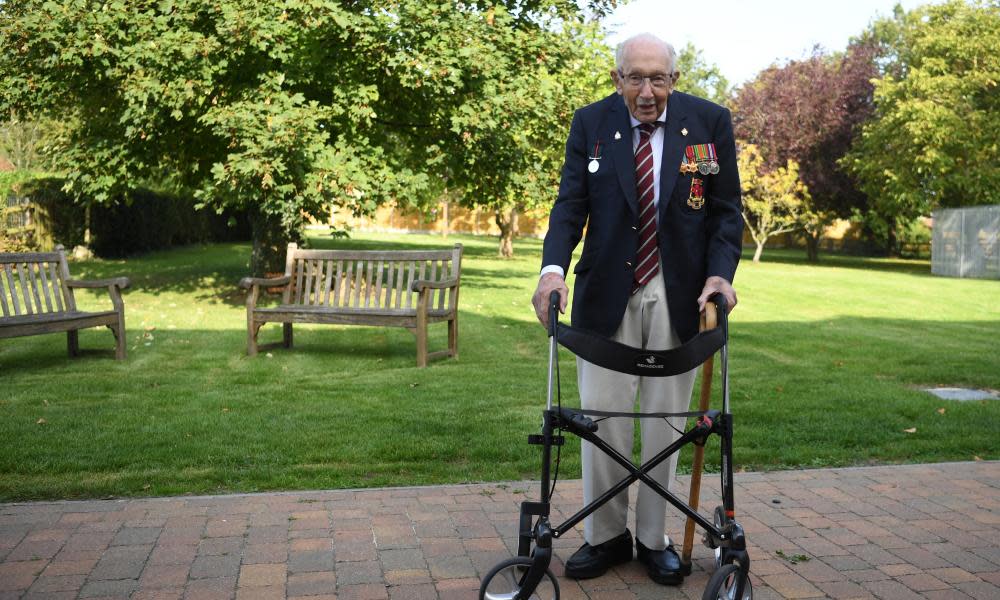Good neighbours? No, UK’s community spirit fell in summer Covid lockdown

From the likes of Liam Gallagher and Take That’s Mark Owen leading spirit-raising singalongs in Manchester, to the generous donations that flooded in to Captain Sir Tom Moore, the Covid pandemic appears to have brought the nation together.
But it transpires that neighbourhood cohesion, despite anecdotal evidence suggesting it was high at the start of the pandemic, declined during the UK’s locked-down summer, according to research from Essex and Manchester universities.
Researchers Magda Borkowska and James Laurence used the UK-wide Understanding Society household panel study to examine how people felt about their neighbours and neighbourhood in June 2020 compared with 2012 and 2015.
Surprisingly, they found that, across the whole population, the percentage of people reporting positive feelings about their community was at its lowest during the pandemic period. The number of people who felt that they could trust other people in their neighbourhood declined from nearly 70% in 2012 to 56% in 2020.
The lockdown also seems to have made people feel more isolated. The analysis found only 45% of people in 2020 felt similar to others living around them, 17 points lower than in 2015. “The lockdown meant that people spent more time at home and in their local community,” Borkowska said. “We were expecting this focus on home to make people feel more positively about their neighbourhood, but instead found that people felt more isolated and less trusting of the people that they live near.”
Talking to neighbours declined during the pandemic, probably because of the lockdown and the need to socially distance, the researchers suggest. Just over 50% of people reported talking to their neighbours in June, compared with 60% in 2015.
The belief that people were willing to help their neighbours also declined. In June, 65% of people agreed that people in their community helped each other out, compared with just over 70% in 2015.
Related: Love thy neighbour? Sarah Moss on the darker side of community in a crisis
Changes in social cohesion were seen across all areas of the UK and for all socio-demographic groups. However, some groups saw a greater decline than others. People living in the most deprived neighbourhoods, those aged under 35 and members of certain ethnic minority communities – Pakistani, Bangladeshi and black – experienced the largest declines.
When compared with previous years, the steeper decline in neighbourhood cohesion for the most deprived areas and for ethnic minority groups appears to be a distinct and new change, compared with the years before the pandemic – although something similar appears to have occurred during the financial crisis of 2008.
The study notes: “With the onset of the recession, rates of formal and informal helping behaviours declined among all people, but with particularly precipitous drops among residents of disadvantaged communities.”
Borkowska said the study’s findings had implications for the government as it wrestled with the prospect of imposing further lockdowns.
“If lockdowns have the effect of making people less neighbourly, this suggests that there is significant work to be done to build up community cohesion as the local lockdowns continue this winter and when the pandemic has passed.”

 Yahoo News
Yahoo News 
